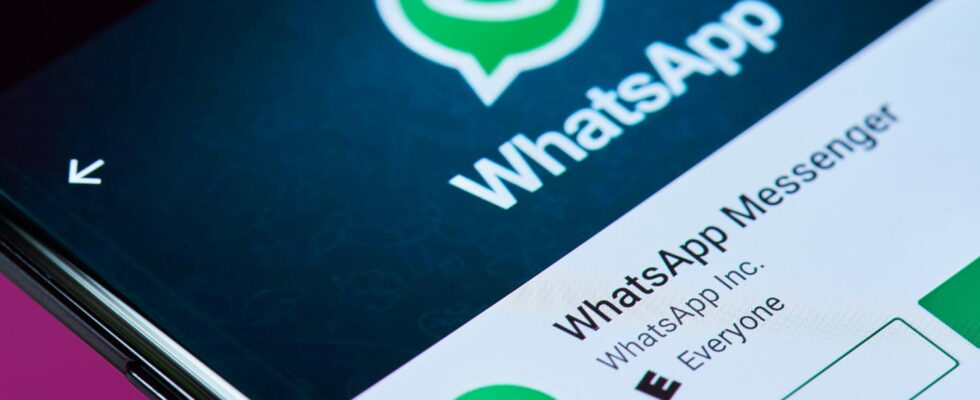An old dream is about to become reality: to comply with the European DMA, WhatsApp and Messenger will soon allow you to have conversations with other messaging systems. Here’s how it will work in practice.
Soon, WhatsApp and Messenger, Meta’s two messaging services, will welcome your chats from other messaging services. A revolutionary change due to the Digital Markets Act (DMA), imposed by the European Commission and to which digital companies – including Alphabet (Google), Amazon, Apple, ByteDance (TikTok), Meta (Facebook, Instagram) and Microsoft – must comply. As a reminder, this is a new legislation that aims to regulate digital markets by combating anti-competitive strategies by players and protecting users and consumers while promoting innovation.
Among the many measures imposed on digital companies, we find interoperability. This difficult-to-pronounce term simply refers to the compatibility between services, platforms or communication applications. Thus, in the same way that we can chat with a correspondent using a different telephone operator, we should soon be able to exchange messages with any other user, regardless of the messaging services used (WhatsApp, Signal, Messenger, Telegram or even iMessage). A real revolution that should significantly simplify everyday life!
Features along these lines had already been discovered in beta versions of WhatsApp, such as the ability for everyone to specifically choose which third-party applications are allowed to interact with their accounts, including disabling the chat interoperability service. This time, it’s Meta’s turn to give us more information, via a blog poston the progress of its work.
Interoperability: separate inboxes and advanced functions
Since the European Commission’s announcement, WhatsApp has been working hard to comply with the new legislation. Last September, the company began testing the interoperability of Android smartphones. A new section called “third-party conversations” was then created. In this tab, messages received from other messaging clients could be found. Then, in January 2024, it was the turn of iPhones to experience such a revolution.
Meta intends to give us a choice. “We believe many users want third-party chats to be separate from their current inbox, while others want all chats to be grouped into a single inbox”the company explains. Also, “We offer them the option to receive third-party messages in a separate folder or to opt for a combined inbox that displays all messages in one place.”. To make sure everything is clear, Meta’s messengers will notify users whenever a new third-party messenger app becomes available. The company will also integrate settings that will allow users to choose which third-party messenger they want to receive messages in.
Meta assures that, despite the interoperability, the discussions will offer advanced functions. Thus, it will be possible to react to messages using emojis and to respond to them directly. The typing indicators – when the three small dots appear when a person writes – and the acknowledgments of receipt will be available. Finally, group conversations should be supported from 2025, but we will have to wait until 2027 for audio and video calls.
WhatsApp and Messenger interoperability: the thorny issue of encryption
On the security side, Meta assures that it is doing everything possible in collaboration with third-party messaging services to deploy “the experience as secure as possible”. The company has not provided any further information, however. Last March, Dick Brouwer, head of engineering at WhatsApp, told our colleagues that Wired that end-to-end encryption would be essential, but that this system “does not provide the same level of security and privacy protection” than the one offered natively by WhatsApp, given that each messaging service uses its own data obfuscation mechanism. Suffice to say that it is far from obvious to make all these little people work together!
Meta would like all other messaging services to use the same encryption protocol as Signal – also used by WhatsApp, Google Messages and Skype – although the company is not closed to other options, provided that these applications can prove “that they meet the security standards described by WhatsApp in its guidelines”. This isn’t going to happen overnight, each company will have to do some engineering work on their own to connect to Meta’s messaging servers. It’s about finding the delicate balance between easy interoperability and security and privacy. One thing is for sure: when interoperability is in place, it will be much easier to communicate!


